Apple and a coalition of tech and automotive companies in a letter to the European Commission this week said patent licensing abuses are stifling innovation of self-driving cars and other connected devices.
A group of 27 companies including BMW, Cisco, Daimler, Dell, Ford, Lenovo and others informed the European Union's antitrust watchdog that unnamed parties are allegedly refusing to license standard essential patents on fair and reasonable terms, The Irish Times reports.
While the report falls short of naming FRAND (fair, reasonable and non-discriminatory) contract laws, the letter's language suggests those issues are in play.
"The practice of some [standard essential patent] owners to grant licenses only to certain companies . . . prevents companies across the internet of things and related innovative technology industries from planning investments in R&D," the letter reads. ""This practice stifles innovation, discourages new market entry, and ties suppliers to established customers. As a result, European businesses and consumers may pay higher prices than they would pay in a more competitive market."
What patents are being held back and by whom is unknown, as the letter fails to identify parties involved. As noted by the report, however, the filing was received by European Commission president Ursula von der Leyen and commissioners Margrethe Vestager and Thierry Breton shortly after Nokia came under fire for its refusal to license components for autonomous vehicles.
Regulators recently promised t investigate the Finnish telecommunications company on complaints from Daimler, supplier Bury and other associated firms. For its part, Nokia has called the allegations "meritless," the report said.
What Apple hopes to gain from a European probe is also unknown, though the tech giant is known to be developing its own self-driving car technology under the auspices of Project Titan.
Apple's ambitious effort to build a branded autonomous vehicle started in 2015 and at one point had over 1,000 employees working on various technologies, the results of which are only now seeing light in patent disclosures. The effort was put on hold in late 2016 after development roadblocks led to disagreements in Apple's upper ranks.
While the iPhone maker continues to rebuild its self-driving car team, and test its platform on California roads, a consumer-ready product is not expected for years, if at all.
Beyond autonomous vehicles, Apple could be angling to protect technology that underpins its valuable mobile device lineup by signing today's reported EU letter. More specifically, and as hinted at by the cohort of tech industry signatories, advances in 5G could be at the heart of the matter. The ultra-fast wireless protocol is important for the operation of self-driving vehicles, but vital for the rollout of next-generation smartphones and mobile computers.
 Mikey Campbell
Mikey Campbell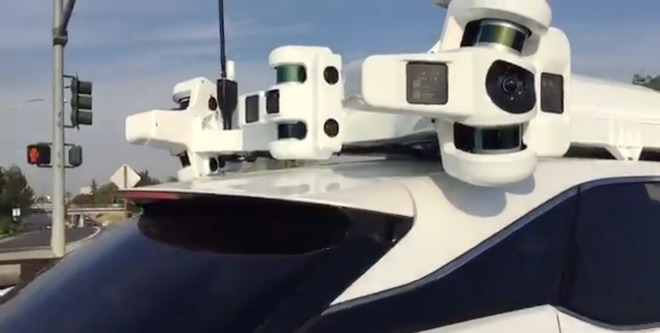

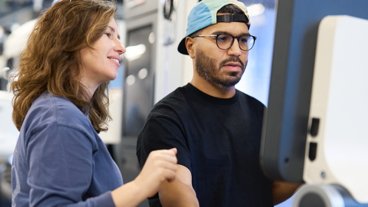
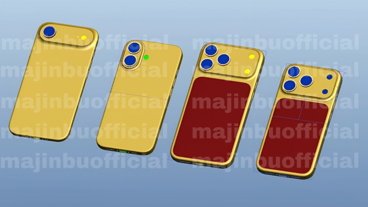
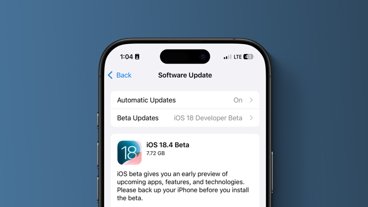
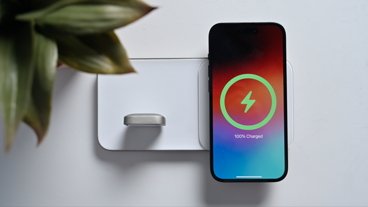
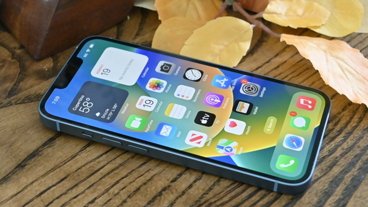

-m.jpg)





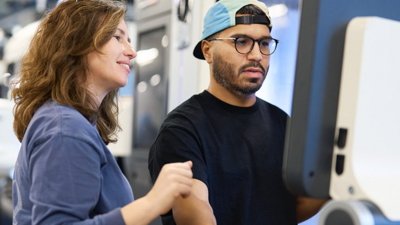
 William Gallagher
William Gallagher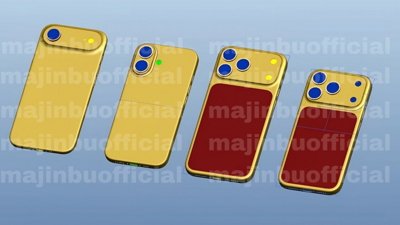
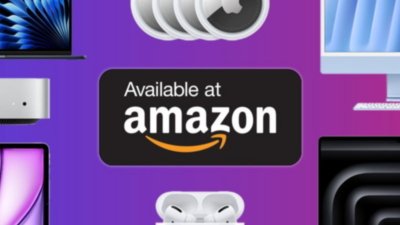
 Christine McKee
Christine McKee
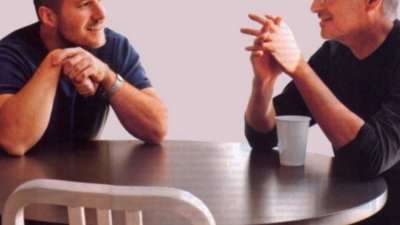
 Charles Martin
Charles Martin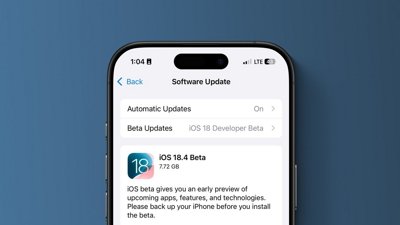
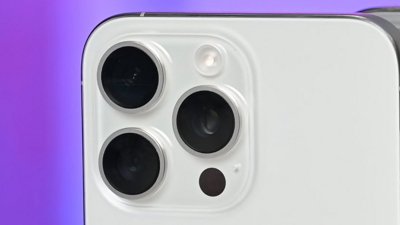
 Malcolm Owen
Malcolm Owen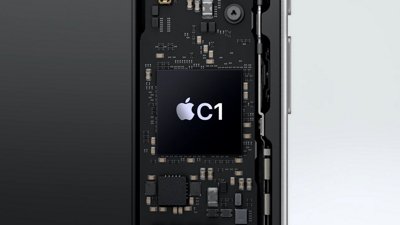

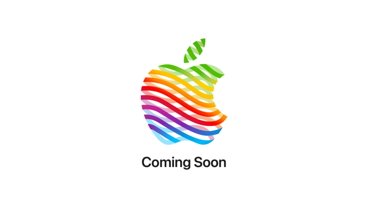
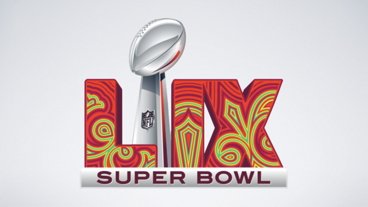
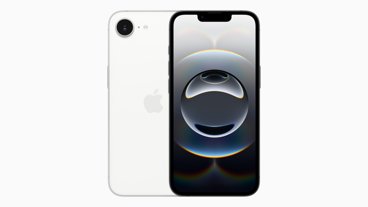
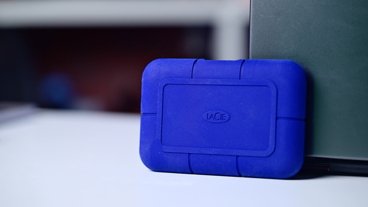
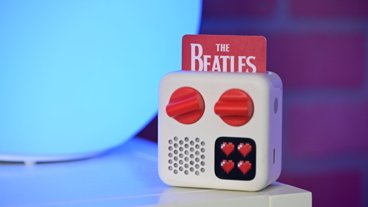
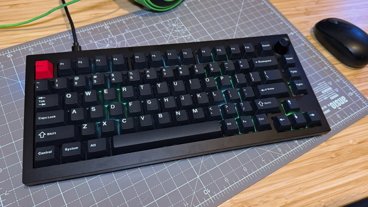
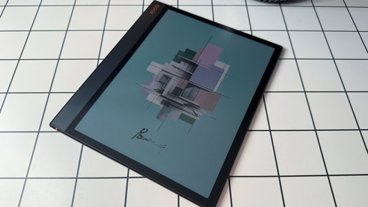

14 Comments
Daimler this week agreed to enter into binding negotiation on a component-level patent licensing agreement with Nokia. In a bit of a surprise those EU regulators referenced in the article and led by Margrethe Vestager (yup another term)will not be investigating until the negotiations play out. For now they'll be staying out of it.
At the end of the day Nokia is finally on the defensive, obligated to either come to agreement on a licensing pact that could be used as the basis for other license agreements or allow the negotiations to fail and invite Vestager to step in.
Interesting article. But it’s more than a little annoying that the article presents Apple’s autonomous car efforts as facts when, in reality, the examples - 1000+ people working on it, supposed halt due to disagreements - were really just rumors.
Some companies don't seem to understand what owning a FRAND patent means. If you own a FRAND patent you must license it to anyone willing to pay, and you must have essentially equal terms to all who you license too. Apple has run into this before where company X will license a patent to most companies for $Y but when Apple wants to do the same suddenly it's 2X or 5X or 10X what everyone else is paying. Sorry, but you don't get to do that. That's where the FAIR in FRAND comes from. You also don't get to charge exorbitant fees because you want to make a killing. That's where the Reasonable in FRAND comes from. These are essential patents everyone needs.